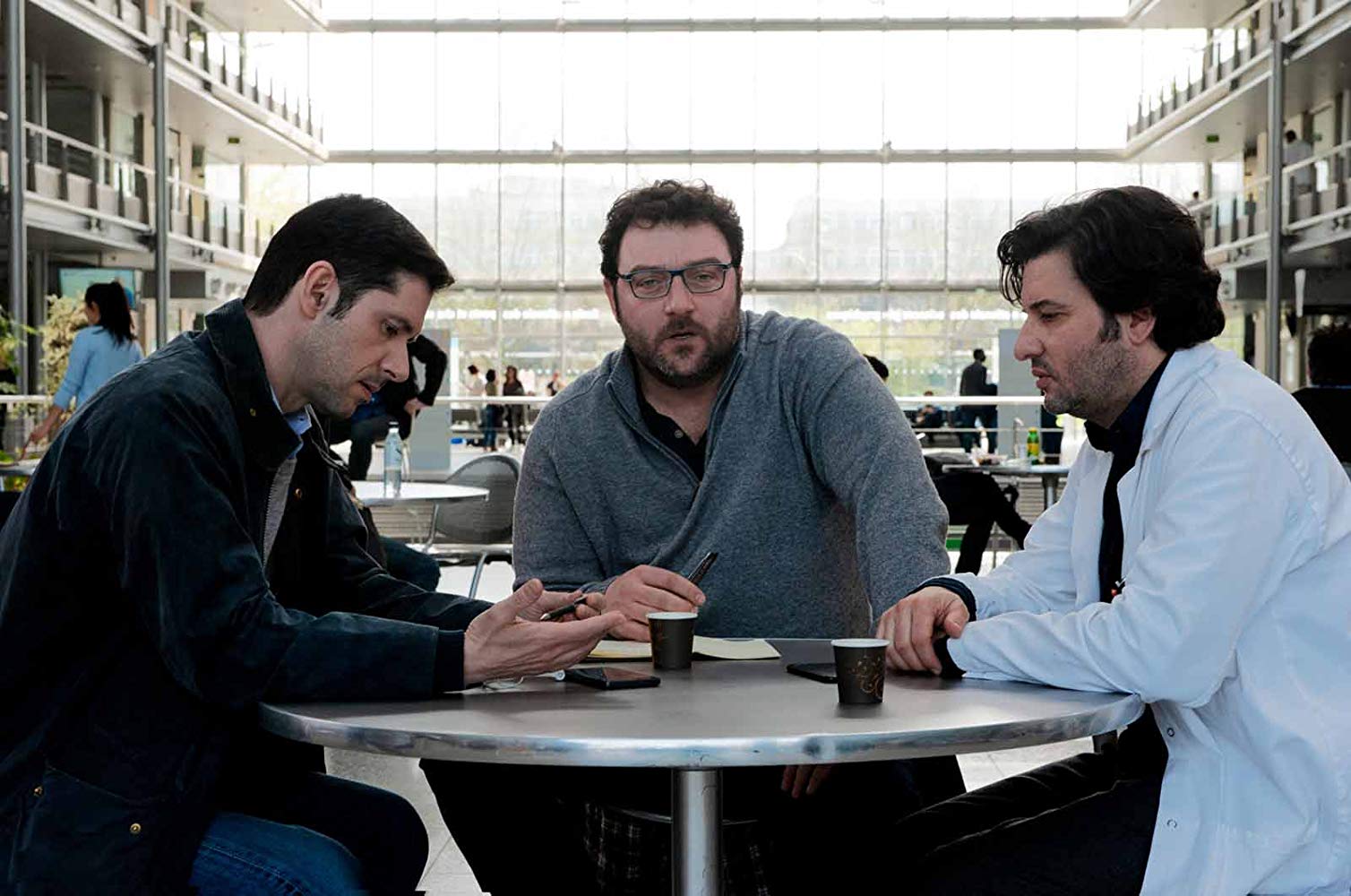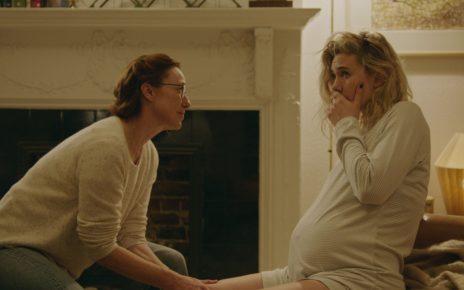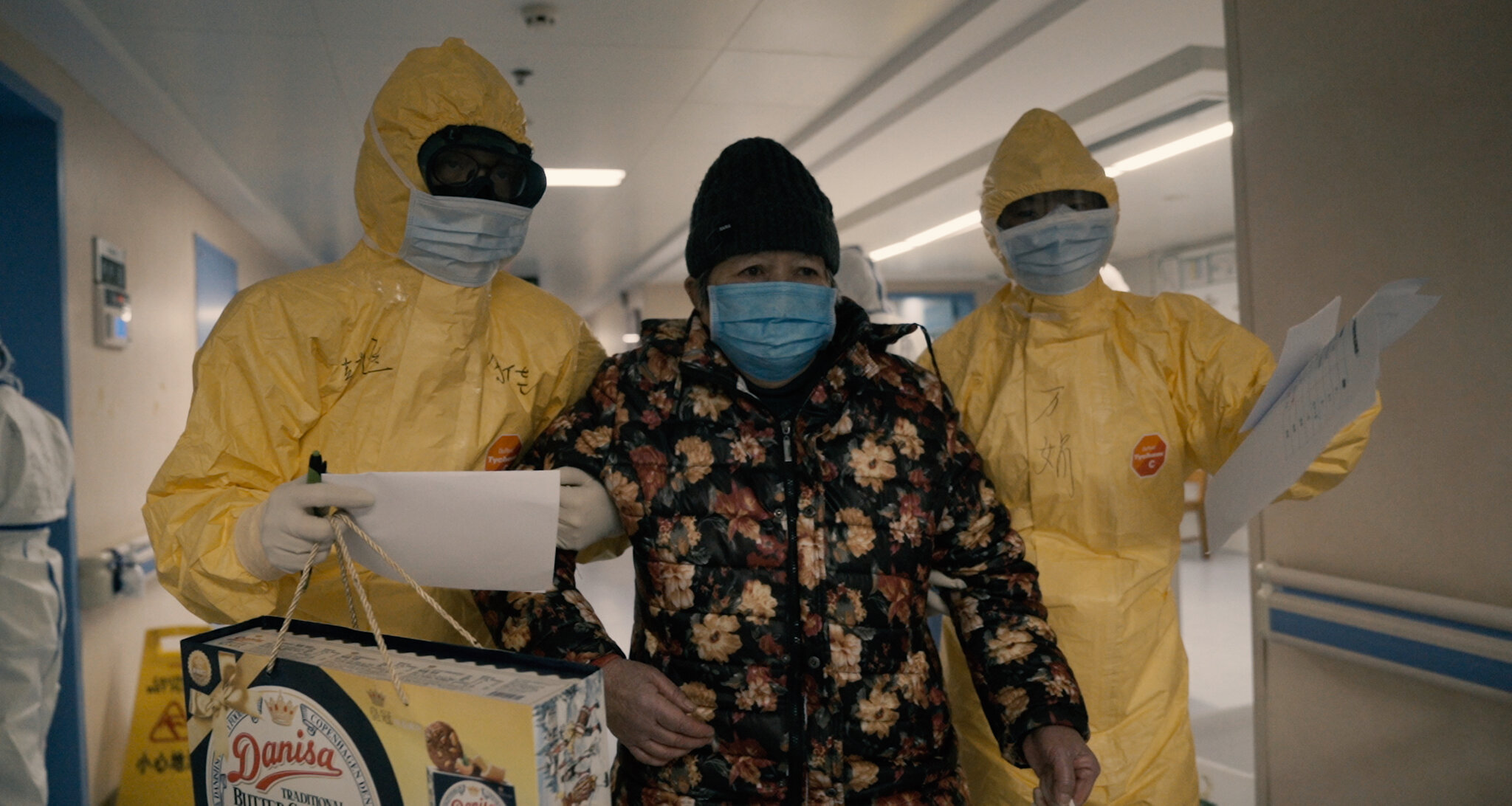Evil lingers. It’s one of the huge downsides of evil. It doesn’t just show up, break something and leave. Evil tends to muck about, camping out on the couch, helping itself to the fridge, and staying well past any welcome that might have been offered. Sometimes, in fact, evil never leaves. What a jerk.
We aren’t through chastising the Catholic Church. Don’t get me wrong. We shouldn’t be through chastising the Catholic Church. Even if no priest had ever laid a single finger on a boy, the Catholic Church of the 20th Century would still have some work to atone for its acquiescence to Nazis. But today is not about Nazis; we’re back to priestly pedophilia and betrayal of trust.
Perhaps the church of the 1980s shouldn’t have scheduled summer scouting outing with molestation on the agenda (it’s right there: 11:00-11:45 Priest Molestation … it’s in-between Arts&Crafts and Potato Sack Race”). Thirty years following the abuses at the dong of French priest Bernard Preynat, the outward ripples of evil have not yet settled. By the Grace of God follows, in turn, three men, Alexandre (Melvil Poupaud), François (Denis Ménochet), and Emmanuel (Swann Arlaud). The plot here is severely underwritten; the film is essentially about how all three find pitiful catharsis as middle-aged adults. There’s no question as to what happened; nor do we ever get a scene of Preynat denying his abuses. The best a vengeful audience gets to do is hiss at is the underwhelming church response both then and now.
The fascinating part of this film is the study of victimhood. Childhood victims of sexual abuse, just like any other group one cares to name – white people, black people, Christians, Jews, Muslims, 49ers, hippies, Pokémon, are a diverse lot. Some of the lingering effects and response are similar, but one could never make a blanket statement about the group as a whole.
Alexandre is a father of five; he remains a devout Catholic (as if you couldn’t tell by family size). All he wants is the ability to grant or deny forgiveness. François, OTOH, turned complete atheist. Reflecting upon his prison-style summer lovin’, he wants to burn the whole church to the ground. His most subtle move is trying to get a skywriter to draw a penis over the Vatican. Emmanuel had a seizure when he heard the news. He literally had a seizure. That’s a gamut from anger to health concerns stemming from intense depression and the film has only followed three guys. Catharsis is going to be a moving target.
Yet, in a way, these boys abused by priests are lucky. Well, “lucky” is not the right word for any of this. Many of these boys grew up to be very troubled adults. Yet, and this is something the film hinted at, the adult versions of boys sexually abused at the hands of priests have a focus, a target. If they have the inclination to attack their past, they know exactly where to bring their anger. This is not true of all rape victims. Not by a long shot. And lacking other venues, many survivors will take it out on non-guilty parties like their relatives, friends, or even become the thing they feared. It’s a nonstop cyclical horror story.
By the Grace of God was named such because of a monsignor’s thoughtless comment during a 2016 press conference: “by the grace of God, the statute of limitations has run.” That’s enough to make most anyone want to renounce his faith and/or burn the church to the ground. But that wasn’t really what this film was about. By the Grace of God was about how grown men pick up the pieces of their broken lives. It contrasted a nonexistent plot with something resembling an extended cinematic therapy session. Is that enough for you?
*****
Sooooo … here’s the part where you get either a poem or a song parody. I had a fantastic idea for a parody, but the more I tinkered, the more tasteless I found it. However, it really is a great idea, so lemme describe it – imagine John Travolta and Olivia Newton-John singing a duet of “Summer Nights” with lyrics like “I met a priest/crazy for me…” Of course, it might be funnier if you picture a duet between Travolta and Jeff Conaway.
Not Rated, 137 Minutes
Director: François Ozon
Writer: François Ozon
Genre: The lingering effects of evil
Type of being most likely to enjoy this film: Victims of priest abuses
Type of being least likely to enjoy this film: Fans of comedy




